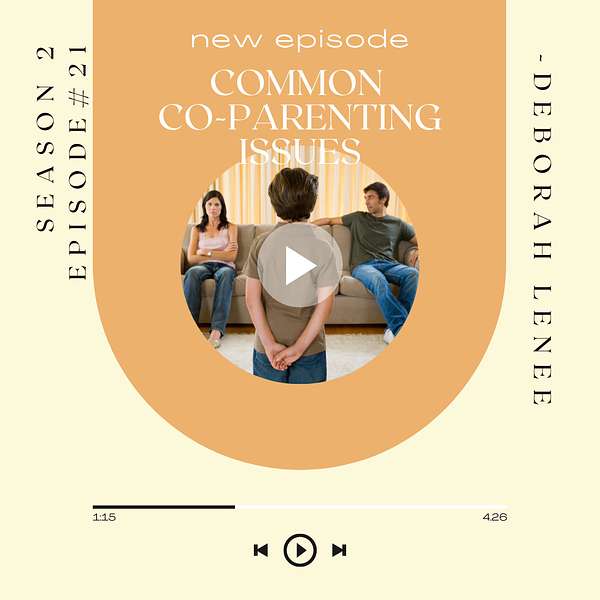
Co-Parenting; Your Thrive Guide
Co-Parenting; Your Thrive Guide
Learning to Deal with Common Co-Parenting Issues
How to Deal With Co-Parenting Issues
The Other Parent Dislikes You
It can be uncomfortable working with someone who doesn't like you, for the sake of your child, you and your partner in parenting must put your differences aside. Really work on not discussing the situations in front of the children and focus only on your child. Resist getting into disagreements and be firm and follow through with your requests.
You Never Agree With Each Other
Most people who plan to have a child together do so because they have common values, beliefs, and interests. If you and your co-parent have been bumping heads on important decisions concerning your child, you may want to try these things to resolve the issue:
· Learn to compromise so you get what you want sometimes, and she gets what she wants other times.
· Set up a cooperative agreement by using a mediator, if needed.
· If possible, don't make decisions on the spot. In addition, if one parent won't agree and the other won't compromise, decide not to do it.
· If you can't agree on a situation that needs to be decided on, think only about the interest and well-being of the child. Disagreements between non-romantic parents are often the result of differences between the adults; the actual decision should be made with the child's best interests in mind.
Your Child Says Co-Parent Is Talking Badly About You
When children hear one parent talk badly about the other, they become worried and sad. These are negative feelings a child should not have, so it's best to stop the bad-mouthing immediately.
They Break Agreements Often
If you have a co-parenting plan or rules set in place for when your child is with his other parent and that parent doesn't follow them, the situation needs to be addressed.
They Neglect the Child
If your parenting partner hasn't been around to see your child or has decided to stop being a parent, you can't force him to interact with your child. Instead, you need to meet with him to discuss what he would like his role to be as a joint parent.
They Ignore Your Calls and Texts
If your kids are young, your only line of communication with them is through their other parent during visits. If the kids have their own phones, it may be easier to keep in touch when they're not with you.
· Talk to your ex to determine their motivation and be honest with yourself about whether your calls and texts are too much.
· Respect the other person's time as you'd have them respect yours.
· Create a communication agreement with boundaries
· Give kids the chance to dictate how much communication
Social Media Sharing
When you're both using social media to share information about your lives, it can create jealousy or raise questions about parenting skills and practices.
Help for Common Co-Parenting Problems
In most cases, discussing the situation with the co-parent is the best route. In stressful or difficult situations, you may want to consider seeking the professional help of a counselor or mediator. Whether the two of you work things out on your own or with the help of a professional, having an open mind and being flexible will yield the best results when problem solving.